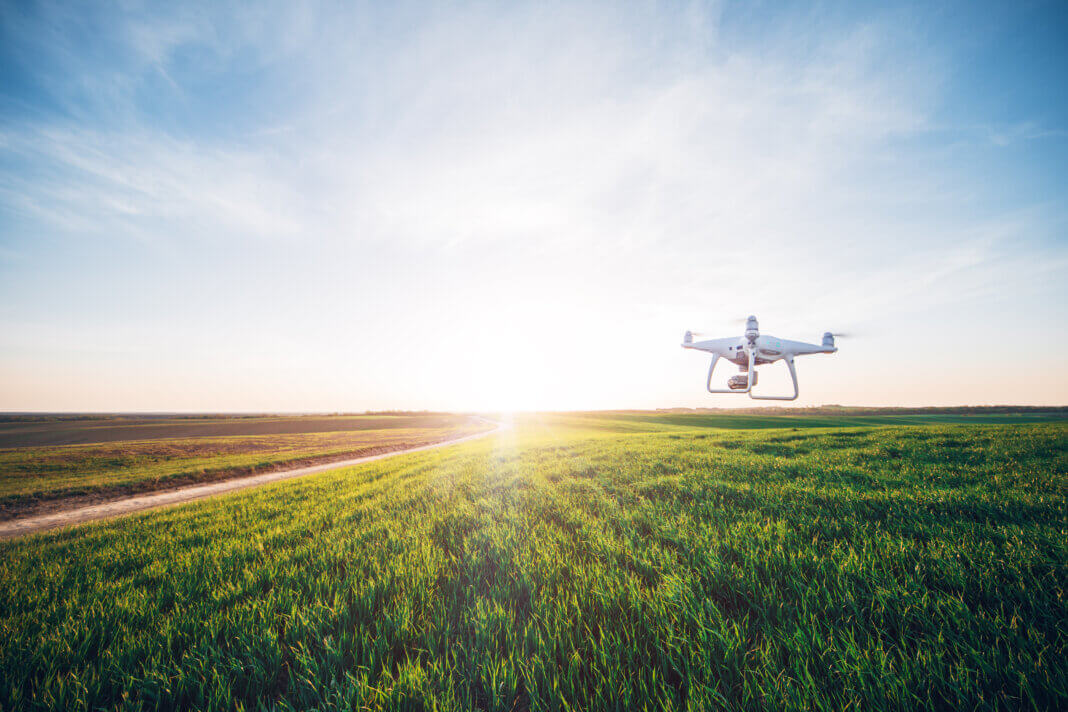Growing Green: How Agri-Tech Is Reshaping Farming for a Sustainable Future
As the world grapples with the twin challenges of climate change and a rising population, the agriculture industry finds itself at a critical crossroads. Feeding billions while conserving natural resources demands smarter, more sustainable farming methods. This is where agri-tech—agriculture powered by advanced technology—is making a transformative impact.
Agri-tech represents the convergence of traditional farming knowledge with modern innovation. From precision tools and smart irrigation to AI-guided systems and blockchain, these technologies are helping farmers reduce their ecological footprint while boosting productivity and resilience.
The Eco-Benefits of a Tech-Driven Approach
Modern agriculture isn’t just about growing more—it’s about growing better. Agri-tech tools are helping reduce greenhouse gas emissions, limit water consumption, minimize chemical use, and support biodiversity. These advancements are central to building a sustainable food system that serves both people and the planet.
Technology in Action: Tools Making Agriculture Greener
Smart Sensors: These tiny devices deliver real-time data on soil moisture, temperature, and nutrient levels, allowing farmers to apply water and fertilizers only where needed. The result? Lower chemical runoff and more efficient use of resources.
Automated Irrigation: Instead of flooding fields, smart irrigation systems use data to determine exactly how much water each crop needs. This not only conserves water, a precious and often overused resource, but also reduces labor and energy consumption.
Drones and Aerial Imaging: High-resolution imaging allows for precise field monitoring and early detection of issues such as disease or nutrient deficiency. Early interventions mean fewer chemicals are used, and crop loss is minimized—both big wins for environmental sustainability.
Advanced Breeding and CRISPR: Gene-editing tools are enabling the development of crops that require fewer resources, resist pests without chemical input, and thrive in drought-prone regions, enhancing food security in the face of climate volatility.
Blockchain for Supply Chain Transparency: By recording every step of a product’s journey from farm to table, blockchain fosters trust and accountability. Consumers can trace food origins, helping them make eco-conscious choices, while farmers and distributors reduce waste and inefficiencies.
Urban and Vertical Farming: Growing food in controlled, indoor environments reduces the need for pesticides, shortens supply chains, and drastically cuts transportation emissions. It also reclaims underutilized urban space for local food production.
Robotics and Automation: Robots now handle tasks like planting, weeding, and harvesting with greater precision than ever before. This not only reduces labor costs but also limits the need for large, fuel-intensive machinery that pollutes the air and soil.
Metal Casting for Durable Tools: Technological advancements in tool manufacturing—such as wear-resistant castings—extend the life of farming equipment, reducing the need for constant replacement and the associated manufacturing emissions.
A Vision for the Future: Innovation Rooted in Sustainability
The promise of agri-tech lies not just in its ability to optimize yields, but in its potential to create a more balanced relationship between humans and nature. AI and machine learning are enabling predictive models that allow farmers to make environmentally responsible decisions at every stage. Predicting droughts, managing pests without chemicals, and maximizing harvests with minimal input—all are now within reach.
As these tools become more accessible globally, including in underserved regions, their environmental impact could be profound. With responsible implementation, agri-tech can serve as a catalyst for climate resilience, resource conservation, and sustainable development.
Final Thoughts: Technology with a Purpose
For those passionate about sustainability, agri-tech represents a new era of agriculture—one that prioritizes ecological health alongside food production. It’s not just about innovation for the sake of progress, but about using smart solutions to cultivate a future where farming supports a thriving planet.
Investing in and supporting agri-tech today ensures that we’ll have the tools and practices needed to meet tomorrow’s environmental challenges. The seeds of change have been planted—now it’s time to help them grow. For more on this, check out the infographic below from Hiler Industries, a shell casting foundry company.
